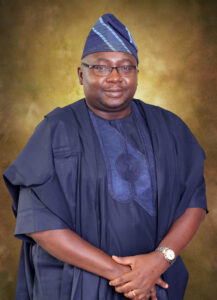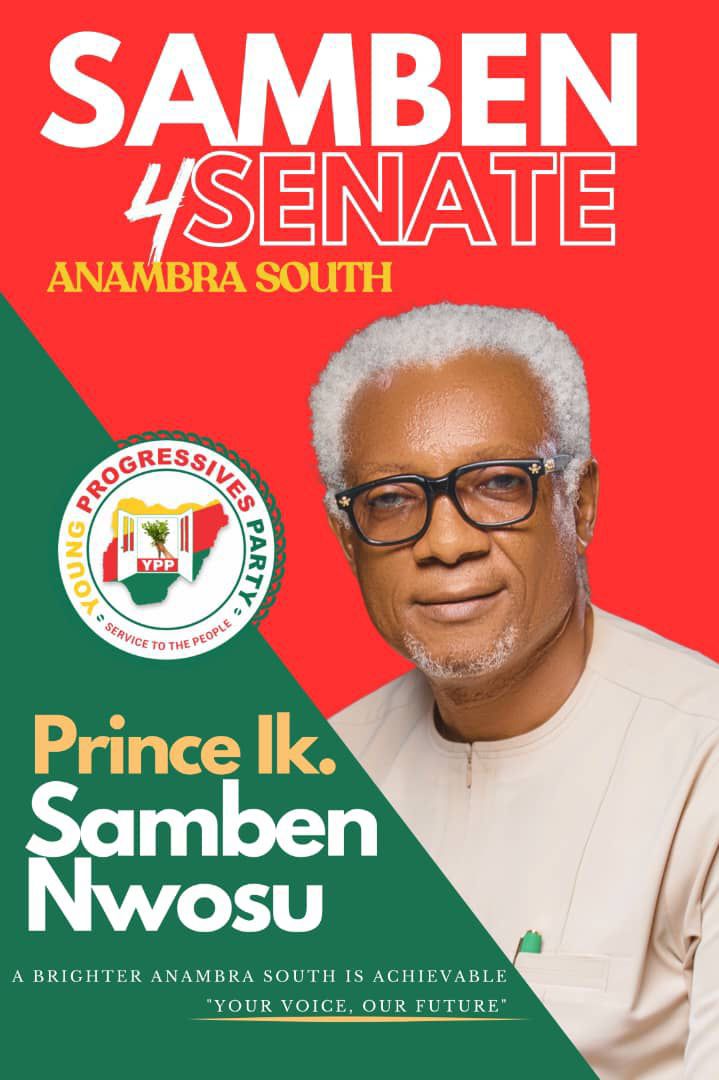
BY AKUDORO GLORIA
The Minister of Power, Chief Adebayo Adelabu, has assured Nigerians of an additional 150 mega watts (MW) to the national grid before the end of 2024.
The Minister gave the assurance on Thursday while briefing newsmen after a closed-door meeting with German President Frank-Walter Steinmeier and President Bola Tinubu at the Presidential Villa in Abuja.
The minister’s comment came at a time that the national grid collapsed for the 11th time in this year, plunging millions of businesses and homes into darkness.
On Wednesday, 11th December 2024, the nation experienced another grid collapse following confirmation reports from the Independent System Operator (ISO), and several other electricity distribution companies (DisCos) – the Abuja Electricity Distribution Company (AEDC); Jos Electricity Distribution Company (JEDC); PortHarcourt Electricity Distribution Plc (PHED); Eko Electricity Distribution Company (EKEDC) and Ikeja Electric (IE) that grid failure occurred at 1:33 PM, affecting their franchise areas.
However, the following list are GenCos generating power capacity as at the time of filing this report: Azura-Edo generating at 446MW; Dadinkowa at 34.15MW; Delta – 426MW; Geregu – 100MW; Geregu-NIPP – 250MW; Ibom Power – 22.30MW; Ihovbor – 105.80MW;
Kainji – 477MW; Odukpani – 313.40MW; Okpai – 205MW;
Olorunsogo – 63.50MW; Omoku – 56.60MW; Shiroro – 297.06MW and Trans-Amadi – 6.70MW. Totaling 2,803.51MW power capacity that is being willed to Nigerians.
According to the Minister whilst fielding questions, said the upgrade to the national grid will be made due to the successful completion of the pilot phase of the Presidential Power Initiative (PPI).
His words: “We have completed the pilot phase of this project, up to 80%. This involves the importation, installation, and commissioning of 10 power transformers and 10 powermobile substations. They have been imported and they have been installed. Lots, of them have been commissioned. We have just about two left to be commissioned before the end of the year.
“The positive impact of this is that it has added nothing less than 750 megawatts to our transmission grid capacity, which is why the relative stability that we are seeing in the grid today is the direct positive impact of the pilot stage completion.
“So, we believe that before the end of the year, an additional 150 megawatts capacity is going to be added on completion of the entire pilot phase.”
“And we quit confidence from the satisfaction that we got from the venture of the pilot stage, by the time we are done with the Phase One project in the transmission, the entire grid will not remain the same, and that’s why we are telling Nigerians that this is a very old grid. It’s quite fragile and it’s dilapidating.
“We need to revamp the entire grid for us to be sure of stability going forward, that is the presidential power initiative.”
Reacting to the Minister’s comment via phone call, the President of the Nigerian Institute of Electrical Electronic Engineers (NIEEE), Engr. Felix Olu said that the additional 150MW will only make a small input compared to the the huge demand of electricity in the country.
“What the Hon. Minister has said is what the Federal Government is doing. 150MW is a small input compared with the suppressed demand in the country. So it is quite possible to add that quantum to the grid as announced. It should therefore be expected.
“However, I believe that power should be dedicated to some critical load in the country for better impact. Lagos alone receives something around 2000MW from the grid. It is estimated to need about 6000MW.
“So 150MW is like a single unit of turbine output. There are so many issues with the power sector of Nigeria and we need all the support we can get.”
However, the President of NIEEE commended the Federal Government’s engagement with the Germany that has not only made success of its power sector, but has technology to offer.
Furthermore, in an interview with Galaxy Television, Engr. Olu urged the federal government to call a conference of stakeholders to draw out implementation programs that is all encompassing..
“The government needs to admit it is not able to solve the problem and call a conference of stakeholders to draw out implementation programs that will be monitored by all stakeholders, so that despite the change of government, those drawn-out programs will have to be adhered to.
“Unfortunately, the problem we are facing has been with us for a very long time and can not be addressed at a go. The earlier we start tacking low-hanging-fruits the better for us.”
He therefore maintained that Nigerians would enjoy stable power supply within the next six (6) months if the federal government begins to implement the tips and methodologies the institution provided.
“The institution presented some tips to the Minister when he resumed office on the low-hanging fruits and possible methodologies to use to begin to solve the problem. But we have not seen any of them being implemented for now.
“It is not late; it is still possible within the next six months to begin to have a stable power supply, even though the demand is not in any way proportionate to what we are able to provide to Nigerians based on many factors that are still inherent in our system.
“We believe it is all bad news if some things are not done properly, especially regarding the issues we have identified. These issues mainly include the acquisition of data on the facts on the ground, and from there, they can begin to tackle the challenges one after the other.






